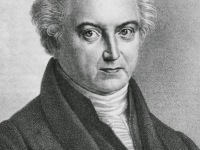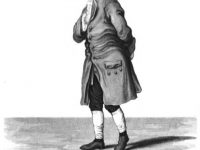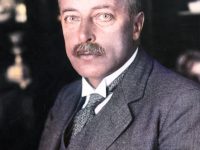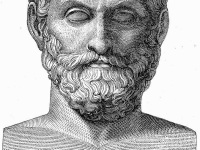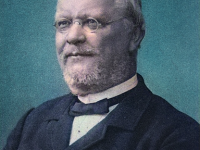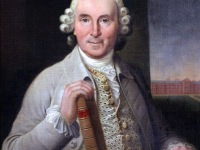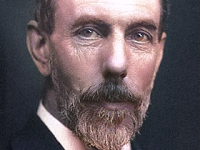Heinrich Olbers and the Olbers’ Paradox
On October 11, 1758, German physician and astronomer Heinrich Wilhelm Matthias Olbers was born. Besides his discovery of comets and minor planets, Olbers is best known for his new method to calculate the velocity of falling stars. Maybe you have also heard of the famous Olbers’ paradox, which asks “why is the night sky dark if there are so many bright stars all around to light it?” Heinrich Olbers Background Heinrich Olbers was born…
Read more

